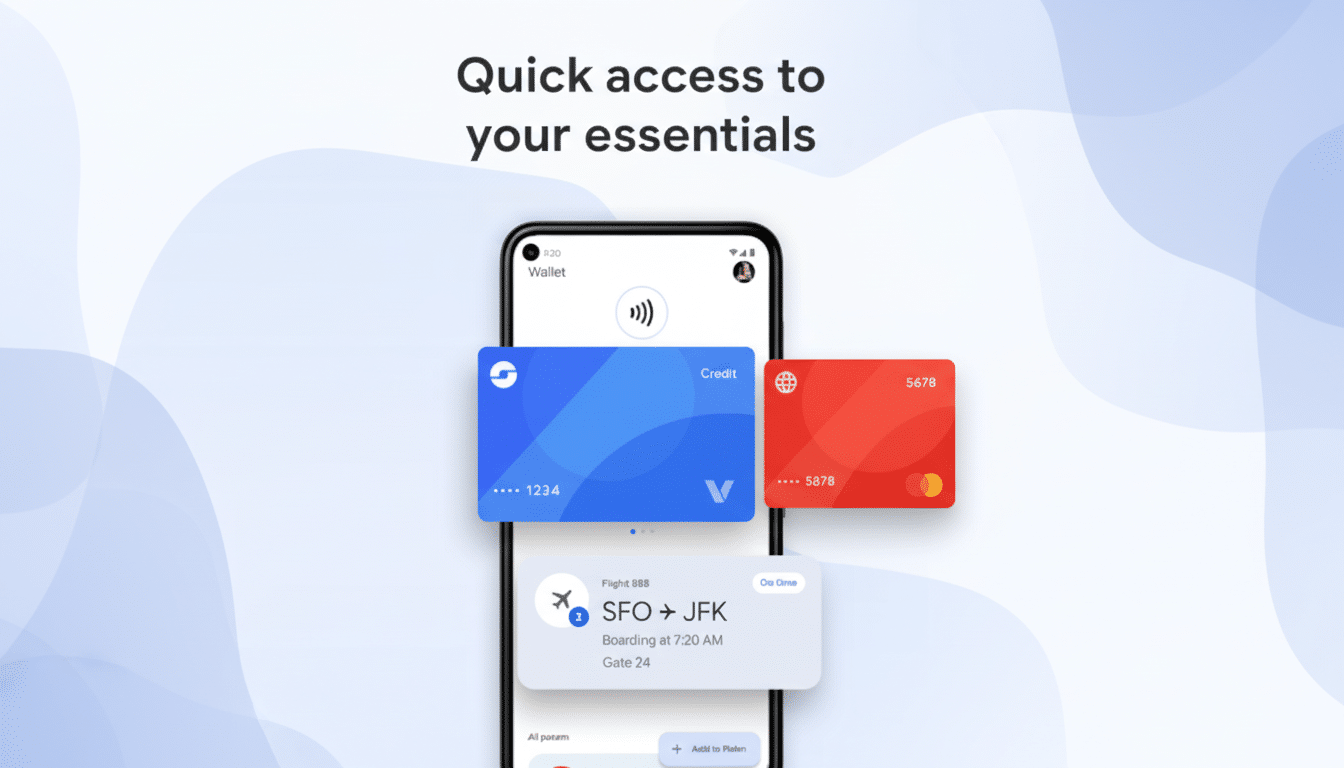Google seems to be queuing up a long-mooted upgrade for Wallet that would allow sensitive items such as insurance details and IDs to travel with you from one device to another. Strings found in the most recent Google Play services APK point to incoming support for syncing or moving “private passes,” finally addressing the previous one-device-only limit, which users have often lamented when upgrading devices or using multiple devices.
Code Hints at Private Pass Sync and Migration
Android Police discovered references to a feature set called PrivatePassSync in Google Play services version 25.45.33, which contain flags titled “enable_generic_private_pass_sync,” “enable_pass_migration,” and “enabled.” These clues were discovered by Android researcher AssembleDebug, potentially indicating that Google is experimenting with both automatic syncing and manual moving of private passes (Google’s term for documents that have additional protections, like a government ID and a health insurance card, among other things).

Wallet now synchronizes everyday things like boarding passes, gift cards, and many loyalty cards when you sign in on a new device. Private passes intentionally do not sync, so users must re-add them on every device. The new flags suggest two approaches: a one-time migration when you switch phones and an opt-in cross-device sync, which would ensure that your private passes are available wherever you’re signed in.
Why This Change Is Important for Everyday Users
Private passes are exactly what you need to have on hand in a pinch — your health insurance card at an urgent care center, or a state ID that is accepted at airport checkpoints when mobile IDs are allowed. For multi-device users — and the Android ecosystem numbers over 3 billion active devices — suddenly having to manually re-enroll these documents introduces friction every time you switch phones or add a second device.
If Google provides secure sync capabilities to developers, it might streamline setup for families and frequent upgraders as well.
* And all this is still true whether the user’s backup device happens to be their watch or not.
It could also cut down the support overhead that carriers, healthcare providers, and IT teams deal with when users lose or replace a device and sensitive passes have to be quickly restored.

Why the Security Model Probably Still Stays Tight
Private passes in Wallet are already protected behind biometric checks or a PIN, and they leverage Android’s hardware-backed security measures such as the Keystore and device-level encryption. Nothing in the new code hints that Google would loosen those protections, and if anything syncing those files would likely demand just as strong or stronger a model, including perhaps end-to-end encryption like what Google does for Password Manager and other categories of sensitive data.
Competitors proceed cautiously in this area. Apple doesn’t sync driver’s licenses in Wallet from device to device, so check on both devices. Samsung Wallet synchronizes many pass types through Samsung Cloud, but sensitive identifications come with stricter guidelines. If Google follows through, anticipate robust re-authentication procedures and region-by-region compliance assessments, especially for government-issued credentials.
How a Gradual Rollout of Private Pass Sync Might Work
With both “sync” and “migration” toggles, it sounds like this might be done in stages: a guided transfer tool to move private passes when you get a new phone, followed by a wider cross-device sync for accounts that opt in. The rollout will probably be dictated by server-side flags, the Google Play services build number, and an updated Wallet app (as is often the case with new features). Legal and partner clearances may also slow rollout, particularly for IDs and health documents.
Wearables add an interesting wrinkle. Some passes from your phone are already mirrored to Wallet on Wear OS. If private pass syncing is expanded to watches, stricter enrollment will likely include at least the phone as a trusted intermediary and involve regular biometric verification prior to display.
The Competitive Picture for Digital Wallet Passes
A frictionless private pass experience would also help Wallet compete against rival ecosystems. For travelers, students, and commuters who depend on digital IDs, eliminating re-enrollment friction is a meaningful quality-of-life improvement. For institutions, it might help drive acceptance of digital credentials by reducing support calls stemming from device changes.
Bottom Line: What Private Pass Sync Could Mean
Private pass syncing is not yet live, and flags by themselves aren’t an assurance that something will be shipping soon. But the code hints at a pretty clear direction: Google wants Wallet’s most sensitive items to be both secure and mobile. When, and if, it comes, expect an opt-in model with solid re-authentication, rigorous regional compliance, and a genuinely significant reduction in the pain of porting your most precious digital artifacts from one of your new devices to another.

